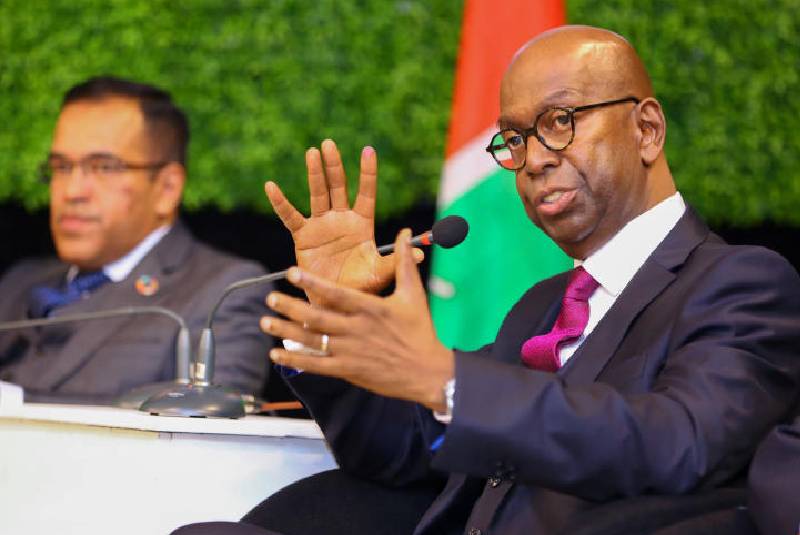In December last year, 22-year-old Moesha Kibibi moved the country with her inspirational story of resilience and dedication. In a guest appearance at a popular comedy show in Nairobi, Moesha narrated how she has defied odds to not only change her life but also lives of hundreds of other young girls from disadvantaged backgrounds. Her journey goes back to her childhood days. Growing up, Moesha developed a passion for dance. She first entered and won a dancing competition at the age of 8 years. In class five, she entered the Malta Guinness Street Dance and went on to represent Kenya in South Africa. In 2009, she won the ‘Can You Dance’ dancing competition. From any given instance, Moesha was destined for a glowing global dancing career. But her soaring stardom did not sit too well with her parents. At the age of 13, she was kicked out of her home because of her continued participation in dancing events and competition. At the time, Moesha was in class eight.
She started fending for herself in Majengo slum, Nairobi. During the day, she would sell groundnuts to get by. She also joined forces with other young people and formed the FBI dancing crew. They would practice in an open structure in the slums in the evenings. It was here that Moesha survived four rape attempts. These experiences awakened her to the painful and hard realities that other young girls her age were going through.

From the money she was making as a young dancer and her groundnuts hustle, Moesha rented a house in Majengo at Sh. 500 per month. She took in 10 homeless girls, and also got a school where they would attend. In the following months, she took five more girls. “I lost two girls to HIV/ AIDS while three others committed suicide before I could take them in,” she told a local publication.
This inspired her to reach out to more girls. In 2015, she started the Divas Power Initiative to encourage girls and show them that they could pursue and achieve their educational or talent ambitions. Moesha says that she sent proposals to numerous companies and government ministries for aid in vain. She took it upon herself to talk to and train the young girls. Today, her initiative is benefiting over 2,500 girls from as far away as Moyale, Mombasa and Kisumu.
Of the girls she started with, three are in the US where they are pursuing degree studies in mass communication and medicine. But until late last year, Moesha was still facing difficulties in running her program. But this has not been an easy challenge, especially because some of the girls in her programme have special medical needs while others are nursing teenage mothers. But her efforts to fulfill the dreams of so many girls despite her tender age are now coming to fruition. During the comedy show that was hosted by Daniel Ndambuki, Safaricom chief executive officer Bob Collymore offered to give 18 of the girls under Moesha’s care educational scholarships for a period of five years.

Apart from getting the eighteen scholarships, the inspiring story of Moesha also germinated a program from Safaricom that like Moesha, is aiming to bring alive the dreams of talented young people. “Ndoto Zetu is about supporting Kenyans who are doing extraordinary things for their communities. We will select 500 of such projects to support, enhancing their communities in the process. Because when we say Twaweza, we really do mean that when we come together, great things happen,” says Mr. Collymore. According to Safaricom, this initiative is inspired by ordinary Kenyans like Moesha who are making a positive impact to those around them.
This, though, will not be the first time that Safaricom is positively seeking to impact lives. Over the years, Safaricom has transformed millions of lives through community projects, ranging from schools to health facilities and water projects. Currently, young Kenyans who made their written submissions to Safaricom from Januaruy 7 will stand a chance of seeing their dreams come true courtesy of Safaricom. “Over the years we have invested in big projects, however, we realize that these projects require longer lead times to complete, while some of the smaller community needs can be solved fairly quickly when we partner with the likes of Moesha and other like-minded Kenyans who are passionate about improving livelihoods,” said Mr. Collymore.








